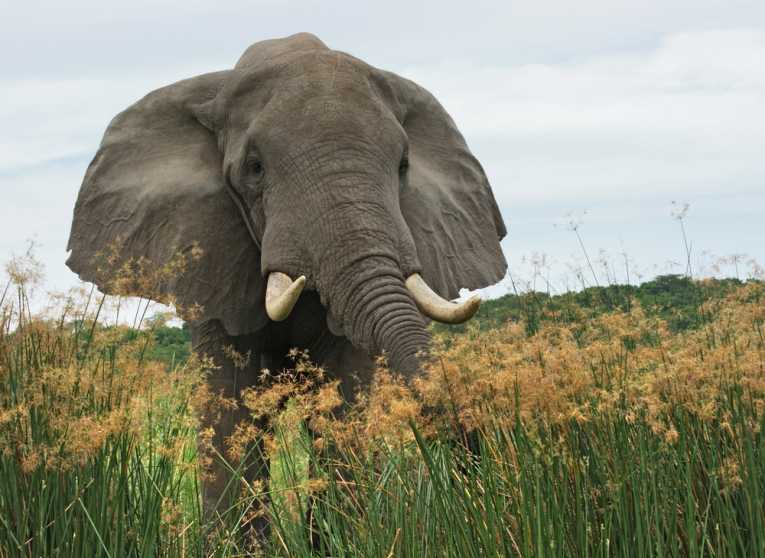Dr. Lucy E. King has been conducting research on how conflict between humans and elephants can be reduced. It has been greatly received in Kenya and now the UNEP/CMS Thesis Award has been awarded to her in recognition of her work.
The research that King carried out was based around the premise that elephants are scared of being stung by bees. This led to an innovative beehive fence to reduce conflict between the huge mammal and the local people in Kenya.
It is now thought that the fence could be used routinely in other areas and countries to protect elephants and humans from coming to conflict where agricultural land has expanded into their territories.
Dr. King was presented with the prize at a UN wildlife conference in Bergen, Norway. The UN Under-Secretary General and UNEP Executive Director, Achim Steiner, said, "I congratulate Dr. King as the winner of this important award. Her research underlines how working with, rather than against, nature can provide humanity with many of the solutions to the challenges countries and communities face," he continued, "Investing and re-investing in biodiversity and ecosystems from forests to freshwaters is a key strand of UNEP's Green Economy work as the world heads towards Rio+20 next June. Dr. King's work spotlights an intelligent solution to an age-old challenge while providing further confirmation of the importance of bees to people and a really clever way of conserving the world's largest land animal for current and future generations".
The CMS Executive Secretary, Elizabeth Maruma Mrema said, "By reducing conflicts between people and elephants, Dr. Lucy King has designed a constructive solution that considers the needs of migratory animals but also the economic benefits to the local communities linked to species conservation."
It was back in 2002 when it was first found that the African Savannah Elephant seemed to be afraid of honeybees. They specifically will not feed on acacia trees which often contain beehives because of this.

British biologist, Dr. Lucy E. King with an elephant; Credit: © UNEP
The observations led to the digital playback of bee sounds and observing reactions. This led to the development of the idea that a beehive fence could be used as a way of preventing migration of elephants to agricultural areas.
This started a two year pilot in Kenya in 2008. It covered 17 farms with fences and then a further 17 farms with traditional thorn bush barriers. There were ninety different raids that were monitored but only six of them involved the elephants actually crossing the beehive fences which proved that the idea was a massive success.
Dr. Kings work has proven to be hugely successful in developing an incredibly simple and natural way to deter elephants from coming into contact with humans and endangering lives and crops. The beehive fence has performed so well in reducing conflict between elephants and humans that the same project is now being implemented in Uganda and Tanzania.










